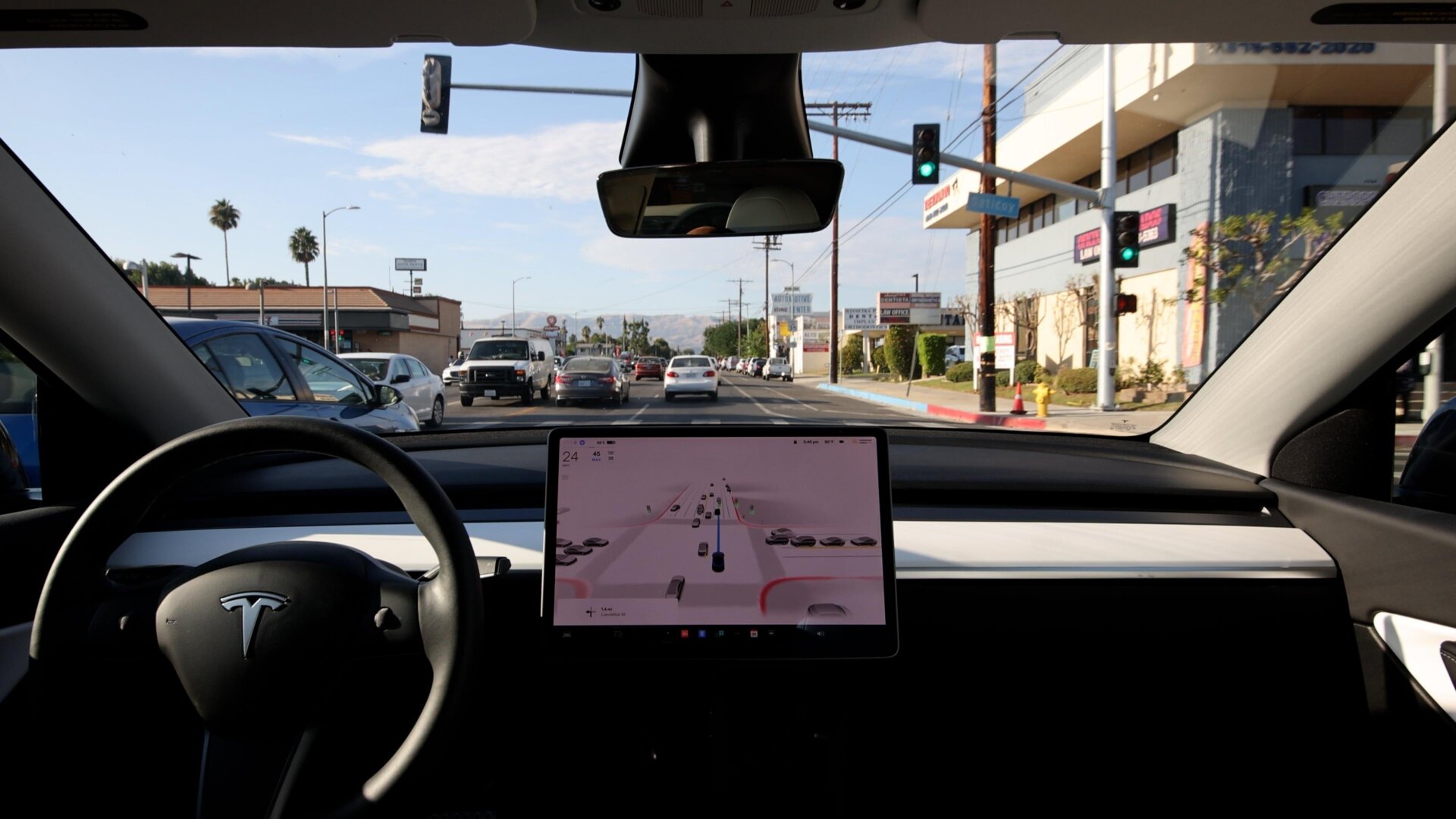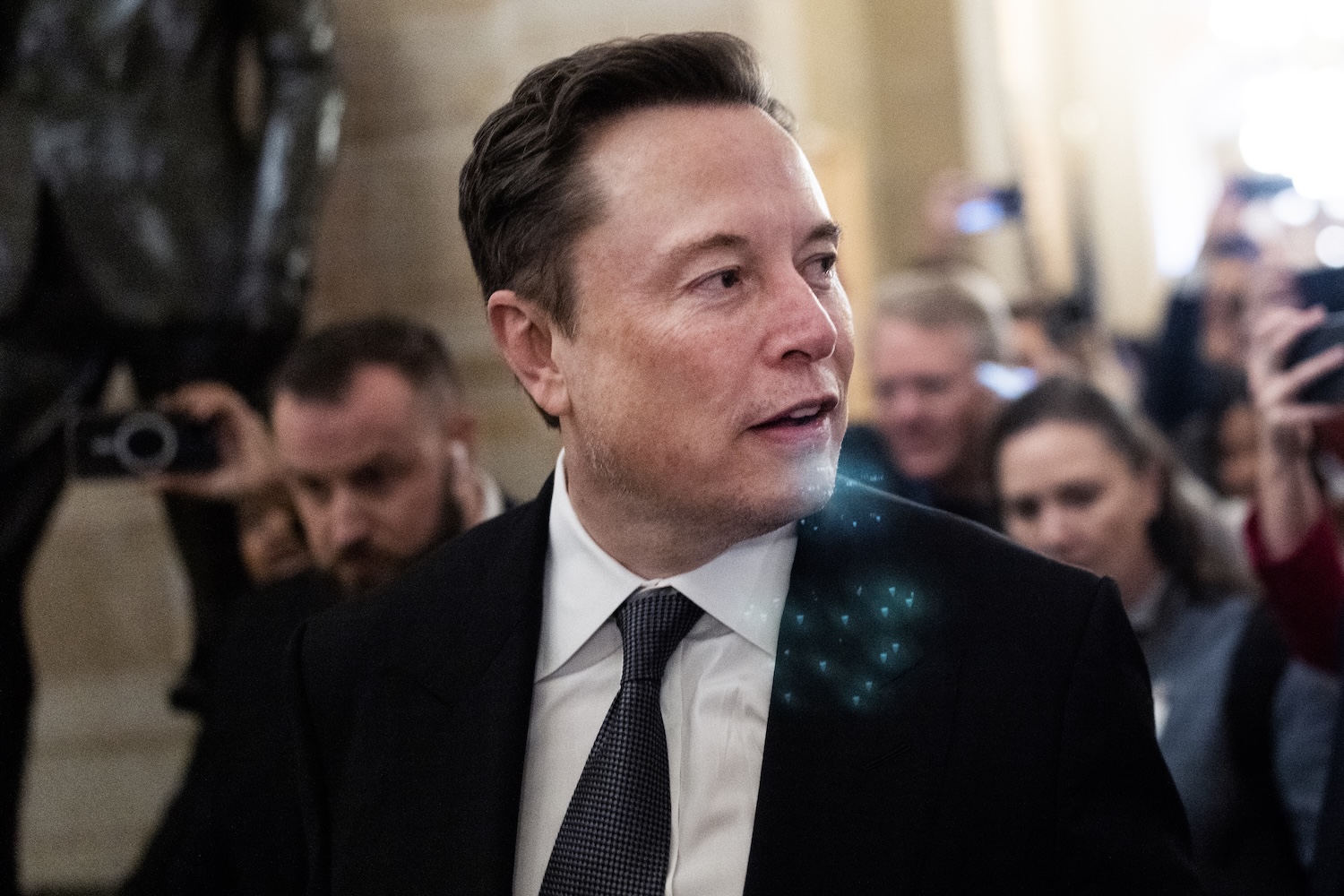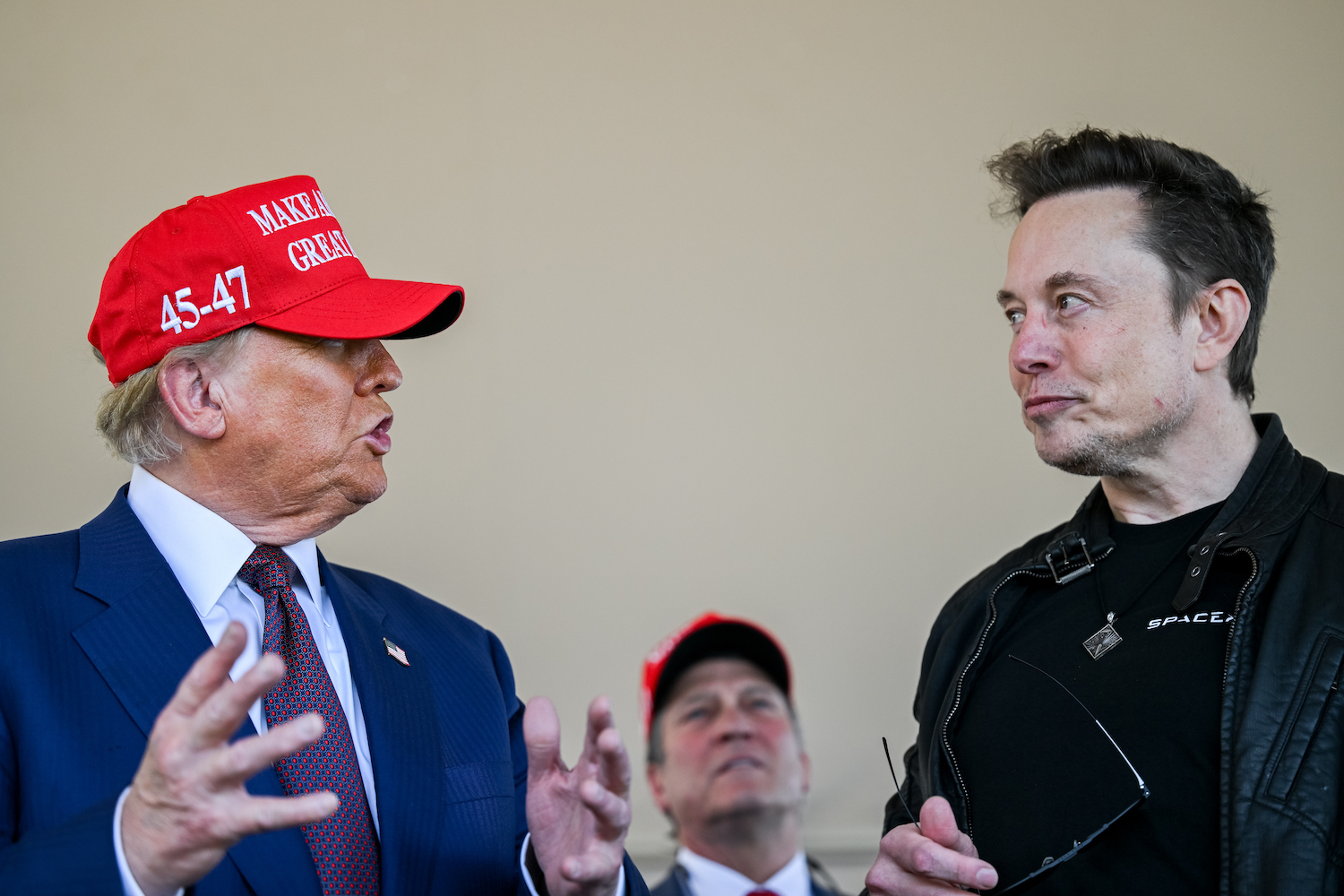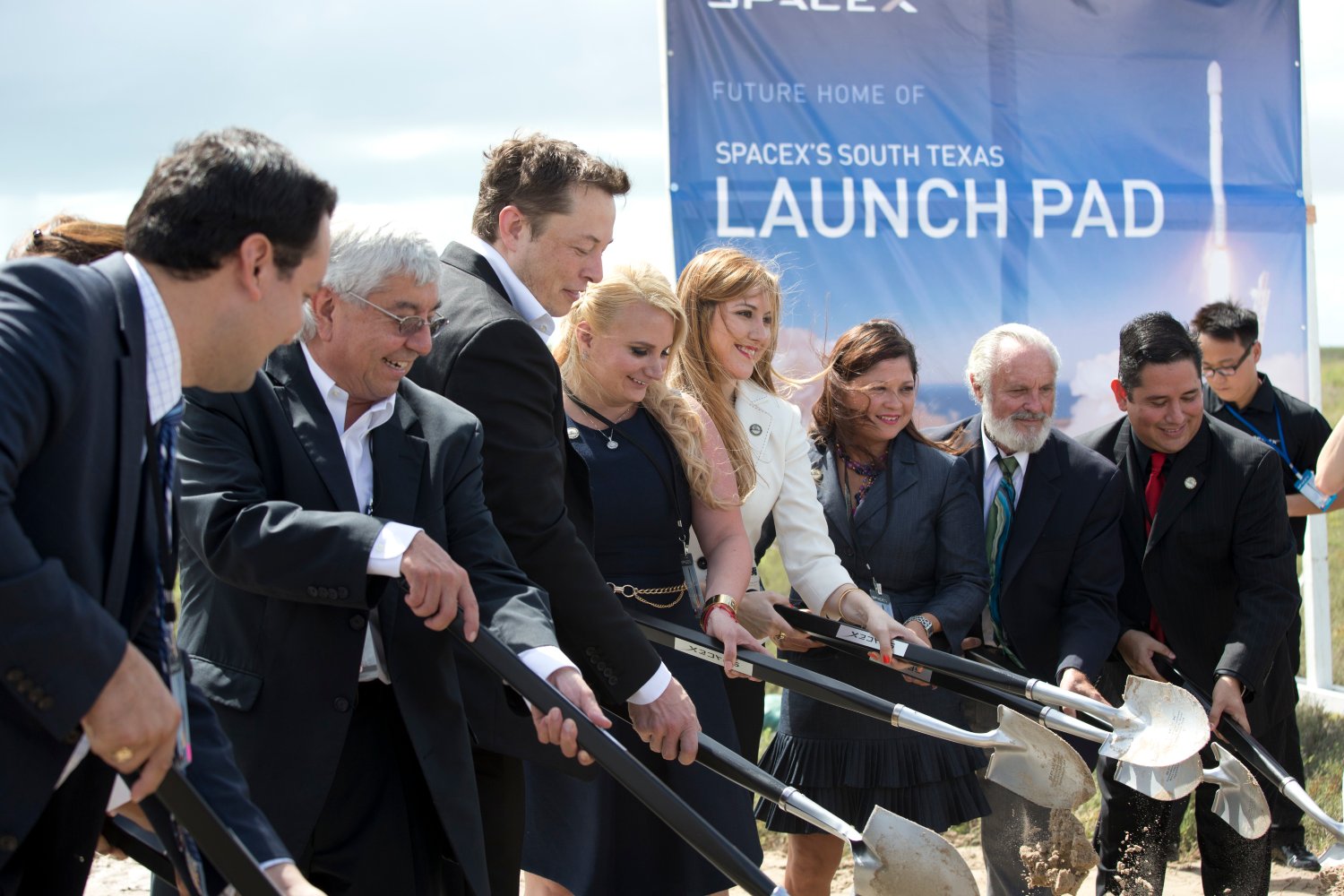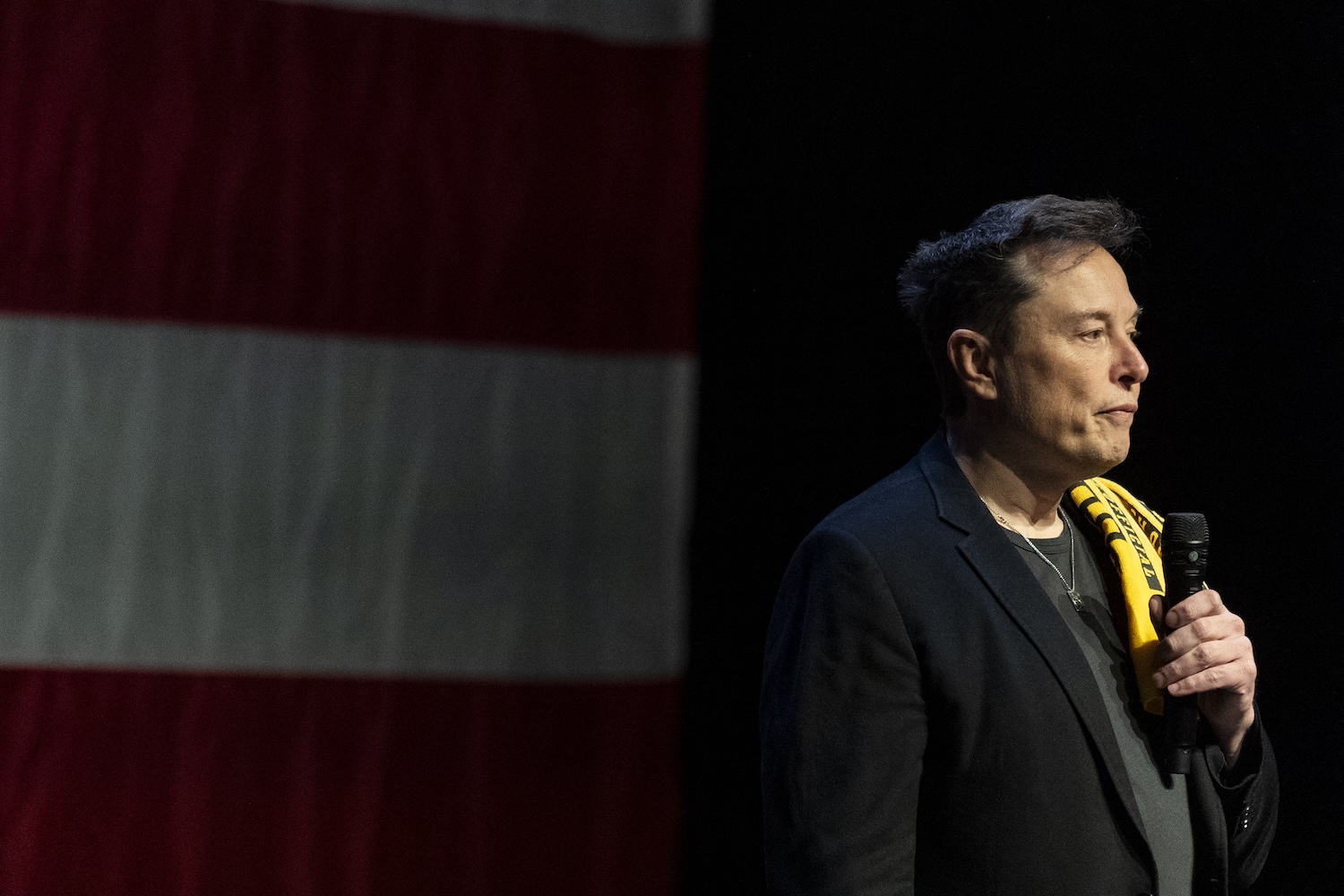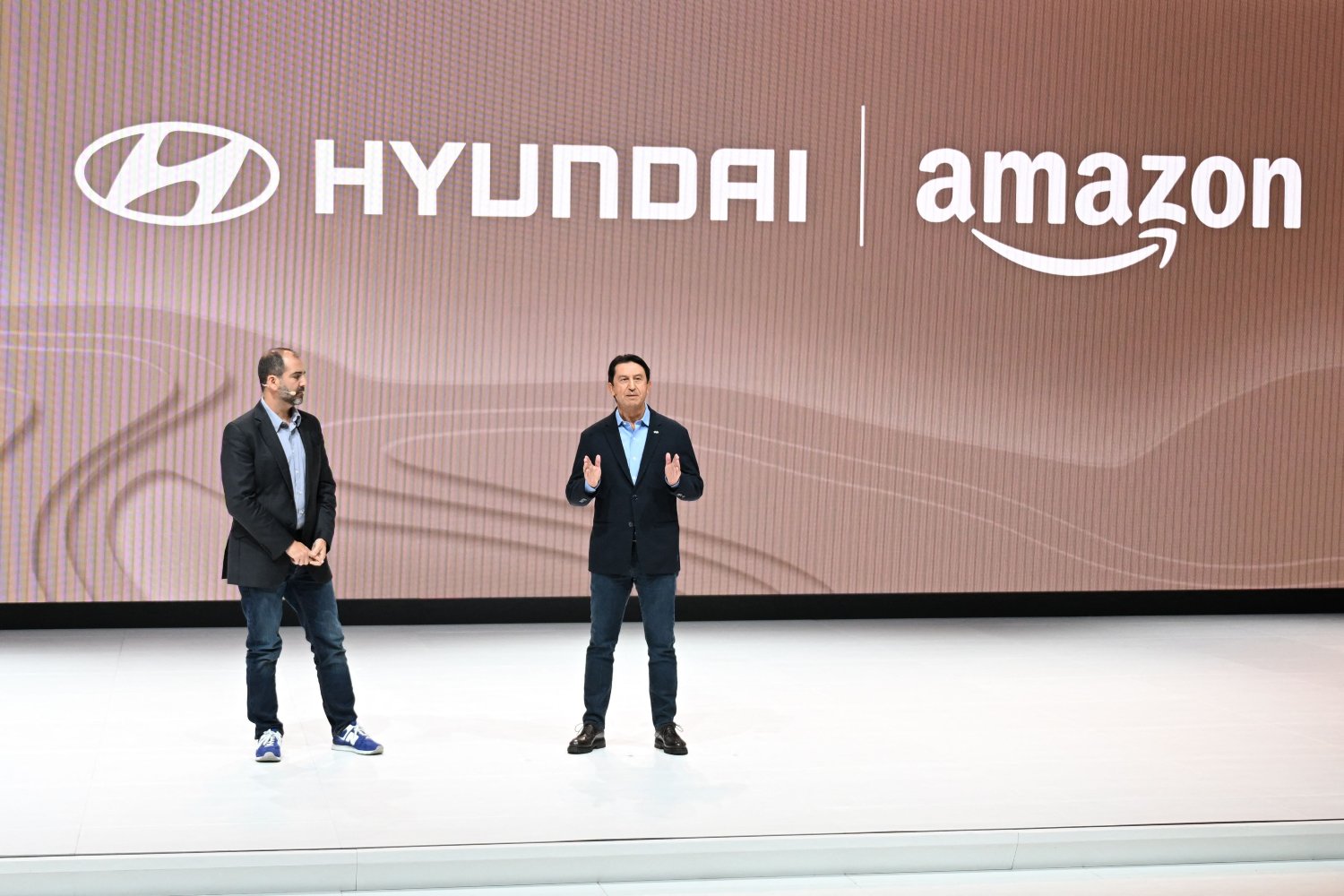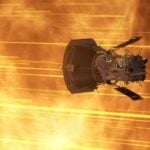In the lead-up to Tesla’s March 1 Investor Day event, the company is facing renewed challenges and questions over the safety of its driver assistance technology.
Tesla drivers who haven’t already downloaded the company’s “Full Self-Driving” Beta software now, officially, cannot. The EV automaker has temporarily halted the rollout and availability of the driver support feature following a recall earlier this month, as stated in a new update on Tesla’s support page, and first reported by The Verge.
“We have paused the rollout of FSD Beta to all who have opted-in but have not yet received a software version containing FSD Beta,” the company wrote in an FAQ section on its website. The move to end FSD downloads comes less than two weeks after Tesla announced its most recent recall related to the driver assistance tech.
In November, Tesla opened up “Full Self-Driving” (which is notably not fully self-driving) to all its eligible customers in the U.S. and Canada who opted to pay the $15,000 fee or sign up for a $199 subscription. Yet now, those who paid for it but hadn’t yet installed the software or opted in won’t be able to access the FSD Beta feature for an undetermined period of time. And those who do have the tech installed in their vehicles should probably consider de-activating it until potential safety issues are addressed.
In mid-February, the company recalled some 362,000 vehicles in the U.S. (plus additional cars in Canada) equipped with FSD Beta over regulator concerns that the feature could lead to crashes. The recall impacts Model S, Model 3, Model X, and Model Y vehicles.
Tesla cars with FSD Beta activated may breeze through stale yellow traffic lights, roll through stop signs, violate speed limits, or change lanes before a driver has the chance to appropriately intervene, according to the National Highway Traffic Safety Administration’s recall report. “Certain driving maneuvers could potentially infringe upon local traffic laws or customs, which could increase the risk of a collision,” the watchdog agency stated.
NHTSA said it first informed Tesla of its concerns on January 25. The company agreed to administer a voluntary recall on February 7 “while not concurring with the agency’s analysis,” the safety administration noted. So, Tesla denied the necessity of the recall, but went along with it anyway, according to NHTSA. Tesla dissolved its public relations department back in 2020, so it’s difficult to get more explanation as to why. However, Elon Musk’s Twitter is always a reliable place to get a sense of how the Tesla CEO feels about regulators. “The word ‘recall’ for an over-the-air software update is anachronistic and just flat wrong,” the billionaire posted on February 16.
Unlike the process one might typically think of with an automotive recall, Tesla owners don’t need to bring their vehicles to a repair shop to have a part swapped out. Instead, the fix for the software recall is an over-the-air update—as is often the case for newer recalls in high-tech, computerized cars. However, Tesla hasn’t said exactly when the necessary software update will be released, meaning the pause on FSD Beta downloads is currently indefinite. Bloomberg reported that NHTSA expects the automaker to fix the problem by April 15. Yet, Tesla offered no timeline in its newly published support update.
This is far from the first software-focused Tesla recall that the company has endured in recent times. In fact, it’s not even the first time that Tesla has halted its FSD Beta rollout. NHTSA and other federal agencies like the Department of Justice are continuing to investigate Tesla and its various driver assistance features. Tesla reported more driver-assisted collisions than any other automaker between August 2021 and June 2022.
Though Musk and his company have implied at various times that FSD Beta is close to a fully autonomous driving experience, it is not. “Autopilot, Enhanced Autopilot and Full Self-Driving Capability are intended for use with a fully attentive driver, who has their hands on the wheel and is prepared to take over at any moment. While these features are designed to become more capable over time, the currently enabled features do not make the vehicle autonomous,” says Tesla on its website. A California law enacted in December bans the company from referring to the feature as “Full Self-Driving” until it actually is. However, Tesla has yet to change its language on the feature.
